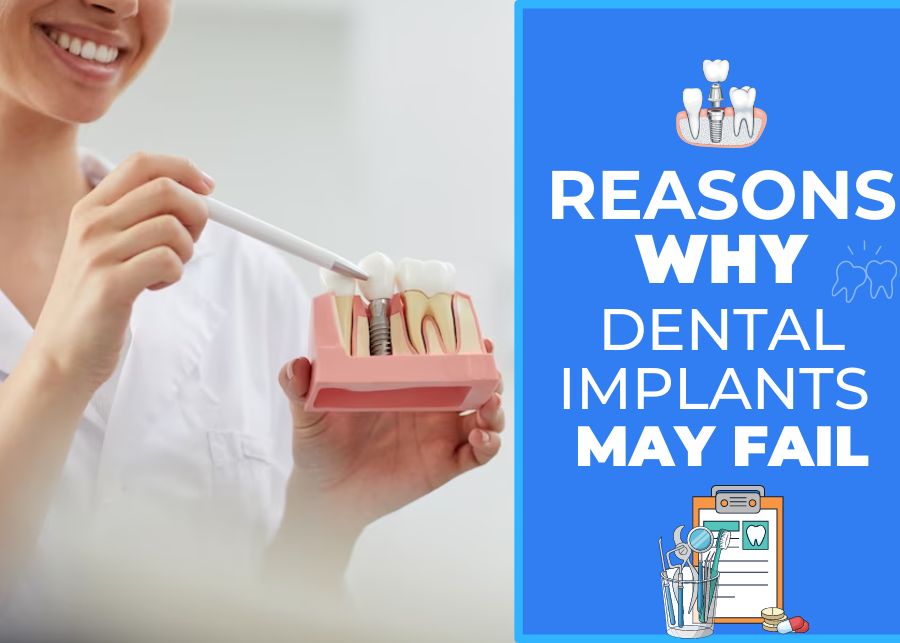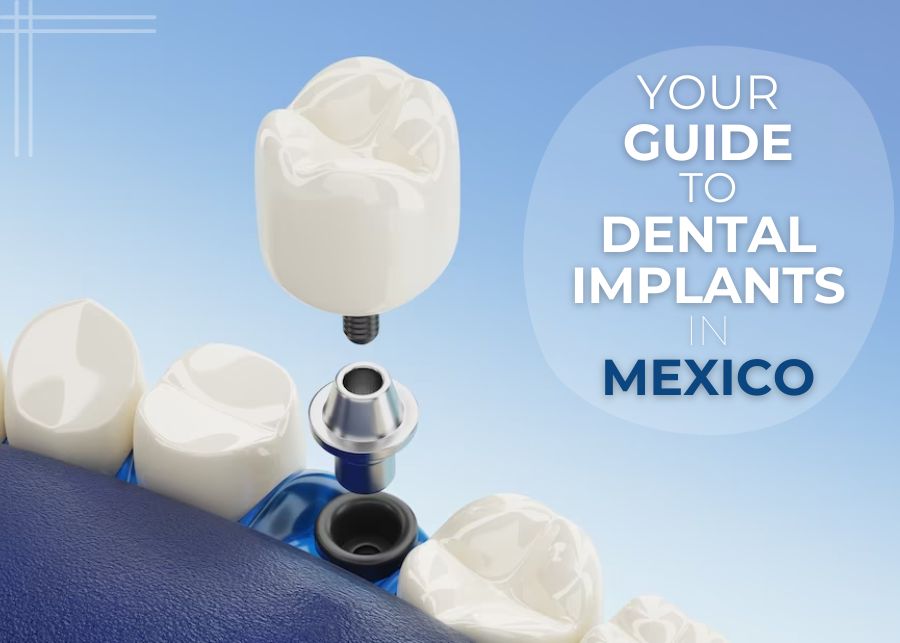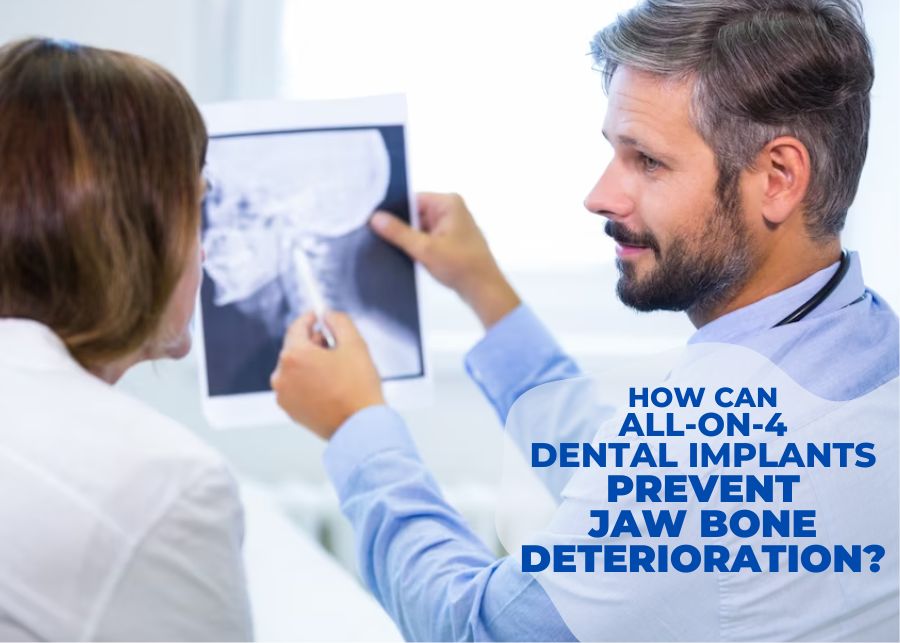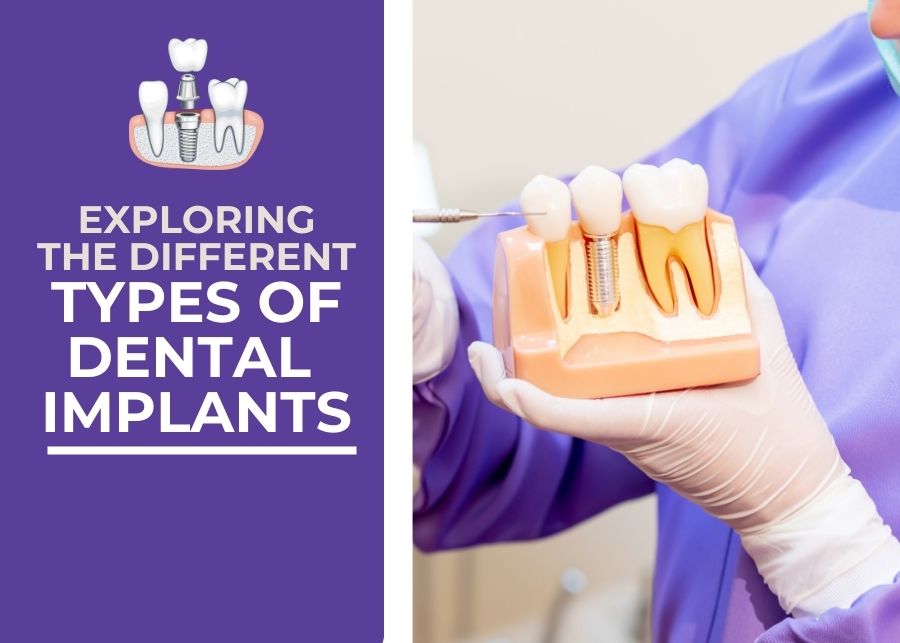April 13, 2023
Reasons Why Dental Implants May Fail
Patients seeking to replace a missing tooth often turn to dental implants as a viable solution for conditions such as tooth decay, periodontal disease, infection, injury, and other tooth loss issues.
In the past, the only feasible solutions for missing teeth were bridges and dentures that required periodic upkeep and relines. Thankfully, dental implants have revolutionized tooth loss solutions by offering a healthier, more enduring remedy.
Dental implants are the most popular and recommended procedure because it does not only improve your smile’s appearance but also your oral health, which leads to better overall well-being.
When it comes to successful implants, this means they healed without infection and it successfully fused with the surrounding bone in the proper alignment. This is known as the osseointegration process. When the implant fails to osseointegrate, breaks, or becomes infected, it may cause it to fail.
What are the different factors that can affect the success of dental implants?


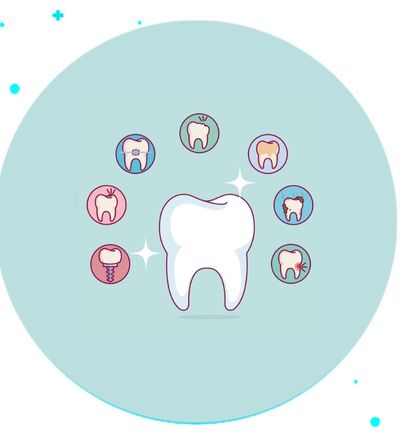


Insufficient Care and Maintenance
Oral hygiene is key to good results. Poor oral hygiene can lead to the accumulation of plaque, and this can cause gum disease, which can damage both the patient’s gums and jawbone.
Smoking
According to studies, there’s a lower dental implant success rate in people who smoke. Smoking may interfere with blood flow to the affected area, and it negatively impacts osseointegration and the healing process, not to mention smoking is also a risk factor for gum disease.
Diet
After surgery, a soft foods diet is imperative. Soft foods ensure that the patient doesn’t apply too much force to the implant before healing.
When eating foods that are chewy or crunchy can cause the implant to shift in position or break.
Insufficient Bone
If there’s not enough jawbone present to secure the implant in place, it’s possible for the implant to fail. A thorough examination of the jawbone will be performed before placing the implant.
Bone loss over time can destabilize the implant. This can be caused by many factors, including osteoporosis, peri-implant disease (when the plaque buildup from poor oral hygiene affects the area around an implant), smoking, and other medical conditions that impact bone health.
Teeth Grinding
Teeth grinding or any occlusal trauma can cause a fracture of the implant, fracture or loosening of the screw, or fracture of the crown’s porcelain. The movements of the implant can interfere with the osseointegration process.
Medical Conditions
There are many medical conditions that have been associated with dental implant failure including diabetes, osteoporosis, a weakened immune system, bleeding disorders, and cardiovascular disorders like high blood pressure, atherosclerosis, and congestive heart failure.
What Do I Do if an Implant Fails?

If there’s any symptom that points to a failing implant, it’s essential to see your dentist as soon as possible.
Here are some potential signs of implant failure:
-An implant that moves
-Pain
-Signs of peri-implantitis (redness, bleeding, pus, swelling, receding gums)
Pros of getting dental implants:
Improve your Appearance and Confidence
Dental implants’ final result will look and feel like natural teeth. The patient will not have to worry about losing it while eating or speaking since the implant will fuse to the jawbone.
Prevent the Loss of Other Teeth
A dental implant permanently replaces a missing tooth. Dental implants stimulate the growth of new bone, which benefits your jawbone and your remaining teeth.
No Discomfort
The patient will feel no discomfort at all from having implants in the bone. This is because the titanium screw becomes a part of the bone through the osseointegration process. The bone ends up fusing with the titanium post.
Low Risk of Gum Disease
Dental implants can make brushing and flossing so much easier (unlike dentures and bridges). This is because the implanted teeth feel like natural teeth, so the patient can brush and floss thoroughly.
Preservation of Bone Density
Dental implants are suggested as a replacement for the missing tooth to protect the bone. After tooth loss, the bone surrounding the empty tooth socket begins to deteriorate and weaken, causing the jawbone to lose its volume and density. Inserting implants into the jawbone ensures that the bone continues to get the stimulation necessary to preserve its structure.
No Need For Special Maintenance
Patients will not need to change their oral hygiene routine due to the structure of dental implants. Practicing oral hygiene with dental implants is easier.
How Long Do Dental Implants Last?
Generally, the dental crown will last between 10-30 years, and the titanium implant post can last forever: they interface directly with the jawbone, becoming bonded with surrounding tissue through osseointegration. Once this process is completed, the material of the implant and the surrounding bone will have fused. As a consequence, the implant can serve as an artificial tooth root.
However, the patient plays a key role in the duration of the implant, in spite of the implant’s post-high-quality and durable materials. It’s essential to maintain good oral hygiene to help the implants last forever.

Dental implants are designed to be permanent. This replacement treatment is safe and has a very high success rate. All you need to do is take these factors into account and, of course, consult with your dentist.
Mexico Dental Implants offers affordable dental implants and All-On-4 in Mexico with the US’ highest standards, financing, and guarantee. Improve your life and your smile today!
